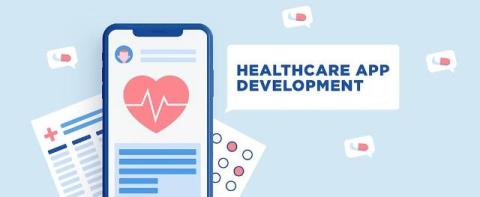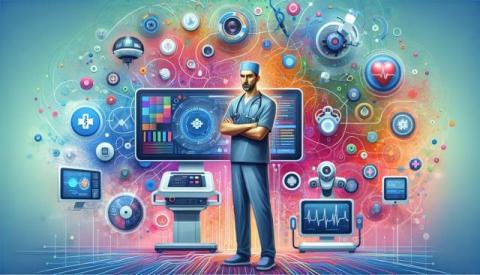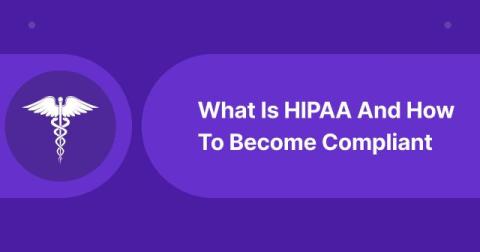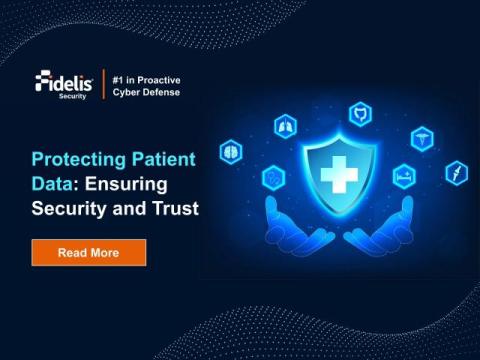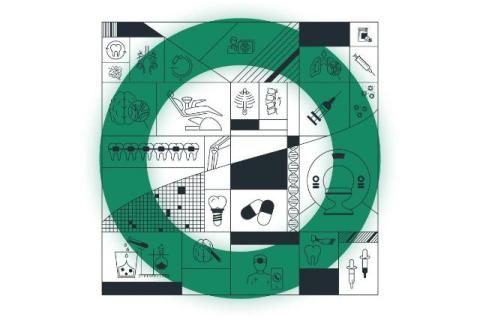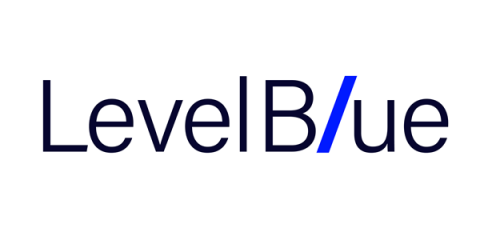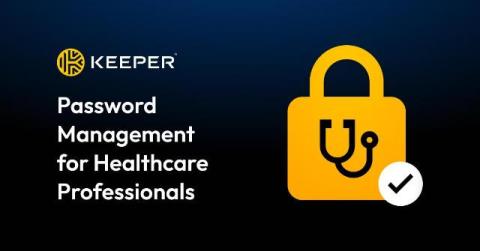Mobile apps for healthcare: how the future of medicine is changing
Mobile applications and services in the healthcare industry have completely changed the way users approach monitoring their health. This trend opens up a lot of opportunities for both developers and end users of digital products. The healthcare mobile app development market is already setting its own trends and vision for the future of medicine.


